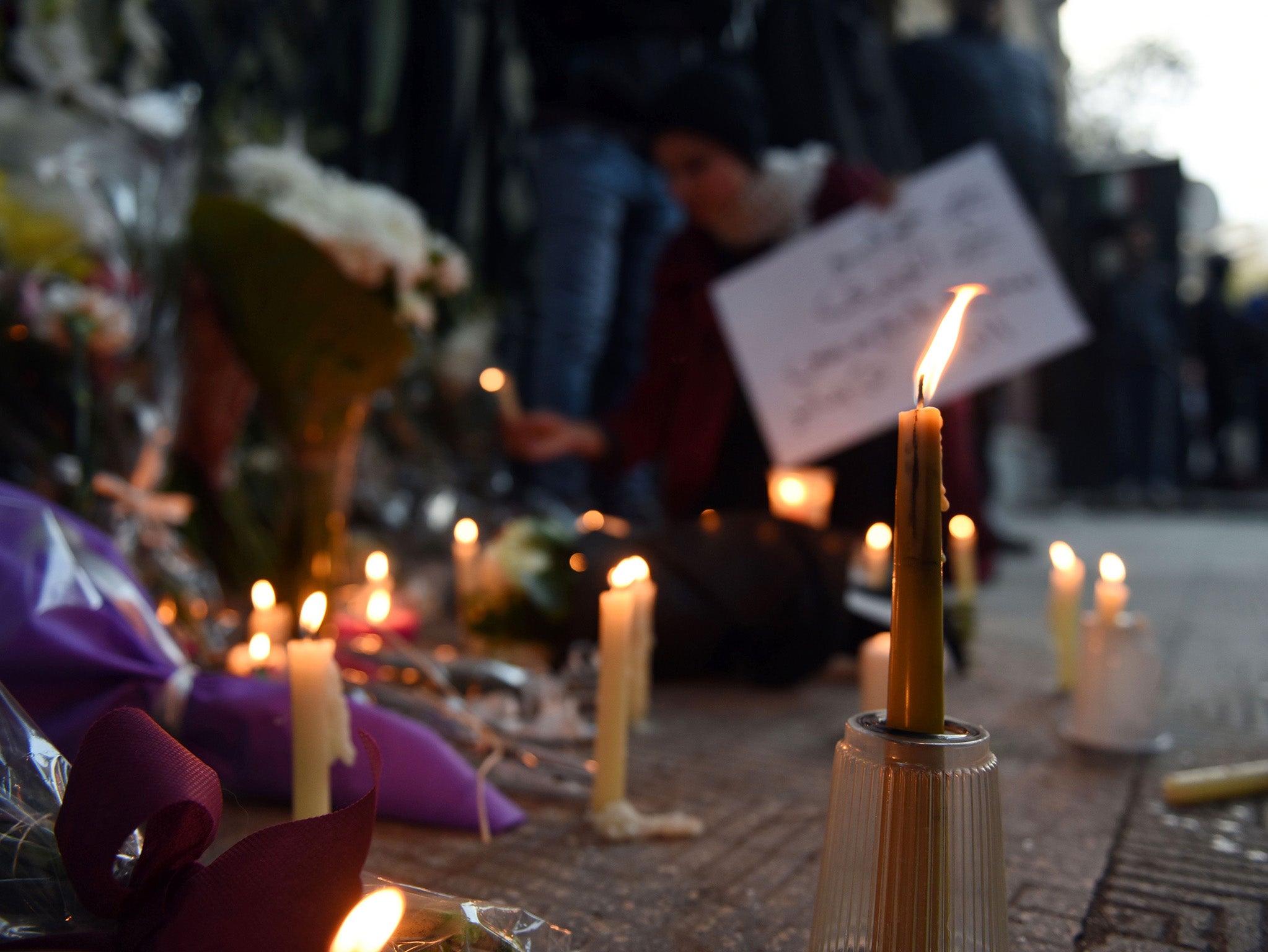Giulio Regeni: Egyptian police investigate Reuters news agency over article on Italian student's death
Interior Ministry says it 'reserves the right to take legal action against promoters of these rumours and false news'

Your support helps us to tell the story
From reproductive rights to climate change to Big Tech, The Independent is on the ground when the story is developing. Whether it's investigating the financials of Elon Musk's pro-Trump PAC or producing our latest documentary, 'The A Word', which shines a light on the American women fighting for reproductive rights, we know how important it is to parse out the facts from the messaging.
At such a critical moment in US history, we need reporters on the ground. Your donation allows us to keep sending journalists to speak to both sides of the story.
The Independent is trusted by Americans across the entire political spectrum. And unlike many other quality news outlets, we choose not to lock Americans out of our reporting and analysis with paywalls. We believe quality journalism should be available to everyone, paid for by those who can afford it.
Your support makes all the difference.Egyptian authorities are reportedly investigating news agency Reuters after it published a report claiming Italian student Giulio Regeni was detained by police on the night he disappeared before being found dead.
The Egyptian government has been heavily criticised for refusing to look into claims its security services may have been involved in the PhD student’s death.
The 28-year-old Cambridge student was found dead in a ditch by the side of the road in Cairo on 25 January with signs of extreme torture and broken bones.

On Friday, reports emerged that the head of Azbakiya police station, where Reuters alleged Mr Regeni was initially taken, had filed a police report against the company.
It reportedly accused Reuters of publishing “false news aimed at disturbing public order” and “spreading rumours to harm Egypt’s reputation”.
Last Thursday, Reuters reported that six anonymous police and intelligence sources said the student was “detained by police and then transferred to a compound run by homeland security the day he vanished”.
Egypt’s interior ministry said the report was “unfounded” and that it “reserves the right to take legal action against promoters of these rumours and false news”.
A Cairo-based Reuters journalist was also reportedly questioned by police and prosecutors, according to the Guardian.
The student’s death and Cairo’s subsequent refusal to investigate has provoked outrage in Europe, with Rome withdrawing its ambassador over the affair.
The US State department has urged the country to carry out an impartial investigation into his death and a spokesman said they had pressed the point in private talks with Egyptian authorities ahead of Secretary of State John Kerry’s visit this week.
Spokesman John Kirby said: "We have reiterated that the details that have come to light since his death have raised questions about the circumstances of his death that we believe can only be answered through an impartial and comprehensive inquiry."
The complaint against Reuters is the latest in a string of attacks on freedom of the press which have worried international observers since the military overthrew the democratically elected government in 2013.
In 2013, three Al Jazeera journalists were detained and subsequently tried and convicted of reporting false news which was “damaging to national security”.
One of the journalists, Peter Greste, was released in 2015 and immediately deported to his native Australia.
His colleagues, Egyptian journalists Baher Mohammed and Mohamed Fahmy, were eventually released a few weeks later after being pardoned by President Abdel Fattah el-Sisi.
A recent survey by the Committee to Protect Journalists (CPJ) found Egypt had the second highest number of journalists behind bars in the world behind China.
In a statement, David Crundwell, a senior vice-president at Reuters, said: “We stand by the story published on 21 April, 2016 regarding the detention of an Italian student, Giulio Regeni. The story did not state who is responsible for his death, and is consistent with Reuters’ commitment to accurate and independent journalism.
“We cannot verify whether a complaint has been filed against Reuters regarding the story, as we have not received notice of any legal action.”
Join our commenting forum
Join thought-provoking conversations, follow other Independent readers and see their replies
Comments